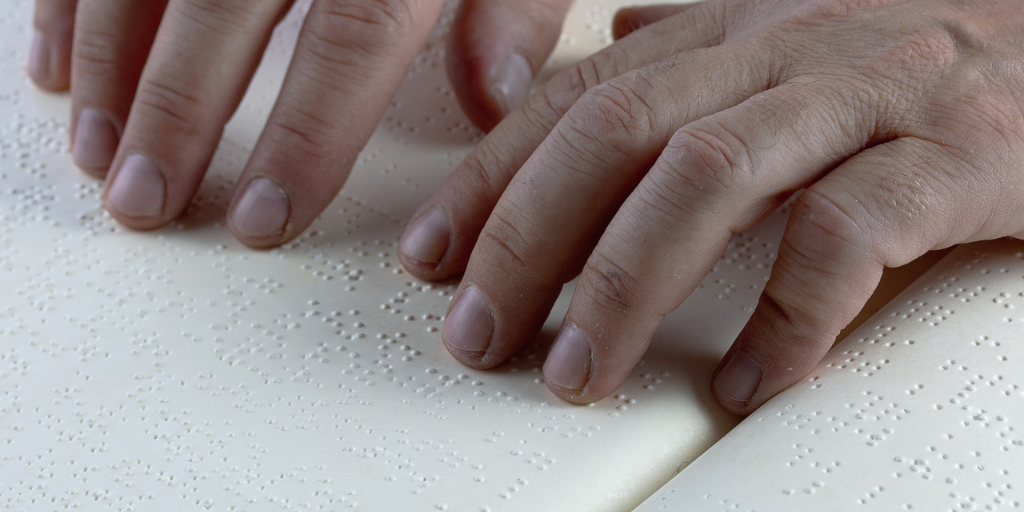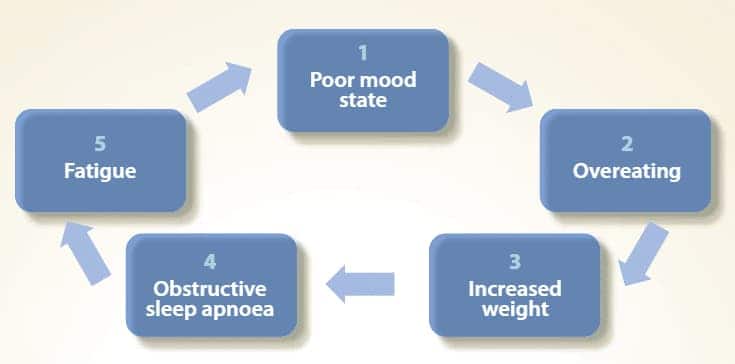Posts by FatigueTech
The impacts on circadian rhythm and melatonin production in visually impaired people
Light is captured through photoreceptors in the eyes which transmit this to the suprachiasmatic nucleus (SCN), or internal body clock, via a dedicated neural pathway. Each day the light-dark cycle resets the internal clock, which in turn synchronizes physiological and behavioural patterns known as our circadian rhythms. People who are visual impaired with no perception……
Read MoreOptimising sleep for night shift
In a 2018 article in the British Medical Journal (BMJ 2018;360:j5637 doi: 10.1136/bmj.j5637 [Published 1 March 2018]) the topic of optimsing sleep for night shift was covered with the aim to provide sleep management skills for the individual. The article presents the best evidence from trials, guidance material and expert opinion, but outlines the limited……
Read MoreManaging stress and Fatigue
Stress is something that has been with us for a long time. Even though the cause of our stress has changed, the response in the mind and body has remained the same. When stressed or in danger, the body engages its “fight or flight” response. This response evolved in ancient times when stressors were often……
Read MoreHow does alcohol affect sleep
Alcohol is a depressant that slows the nervous system down. It impacts on the quality of the naturally occurring sleep cycles, and can increase sleep disturbance. Some people will say, “alcohol helps them sleep.” This is true to a point! But it is also counter-productive. The figure below illustrates how alcohol affects sleep (red line).……
Read MoreMeal type and fatigue
It is often promoted that foods high in carbohydrate make you drowsy because they increase the uptake of the amino acid tryptophan by the brain. Tryptophan is a chemical that can work together with another important brain chemical called serotonin, to help promote a calming effect and sleepiness. Foods rich in protein, however, increase production……
Read MoreManaging mental health and fatigue
When trying to establish the cause of an individual’s fatigue, it is easy to get caught up in the end point, or symptoms, of fatigue. However, start digging a little deeper and you may be able to identify the factors causing fatigue. Once we determine the underlying causes of fatigue, we are better able to……
Read MoreMealing timing and fatigue
Our bodies perform best when given a regular supply of food throughout the day rather than one large meal. This means that to start maximising your energy you need to have a good think about when you eat your meals, and how much you have. Once you find a good pattern of eating you will……
Read MoreTypes of mood disorders
Mental health can generally can be seperated into three categories: stress, anxiety, and depression and can all directly or indirectly increase the risk of fatigue. They are all common and treatable illnesses. Approximately 1 in 4 people will suffer from a mental illness throughout their lifetime. So it is likely that you or someone you……
Read MoreIron levels and fatigue
Iron is a mineral. It is necessary to make haemoglobin (an oxygen carrying molecule) in the blood. If iron is not eaten in adequate amounts in the diet; anaemia, tiredness and fatigue will result. People at greatest risk are pregnant and menstruating women, vegetarians and athletes. If you think you may be low in blood……
Read MoreHow does caffeine affect sleep
Caffeine stimulates the central nervous system and can artificially stimulate your senses, which makes you more alert. Peak alertness levels are generally reached 30-60 minutes after consumption. If too much is consumed, or it is consumed too close to bedtime, it can interfere with your ability to sleep by keeping you awake and disrupting naturally……
Read More









